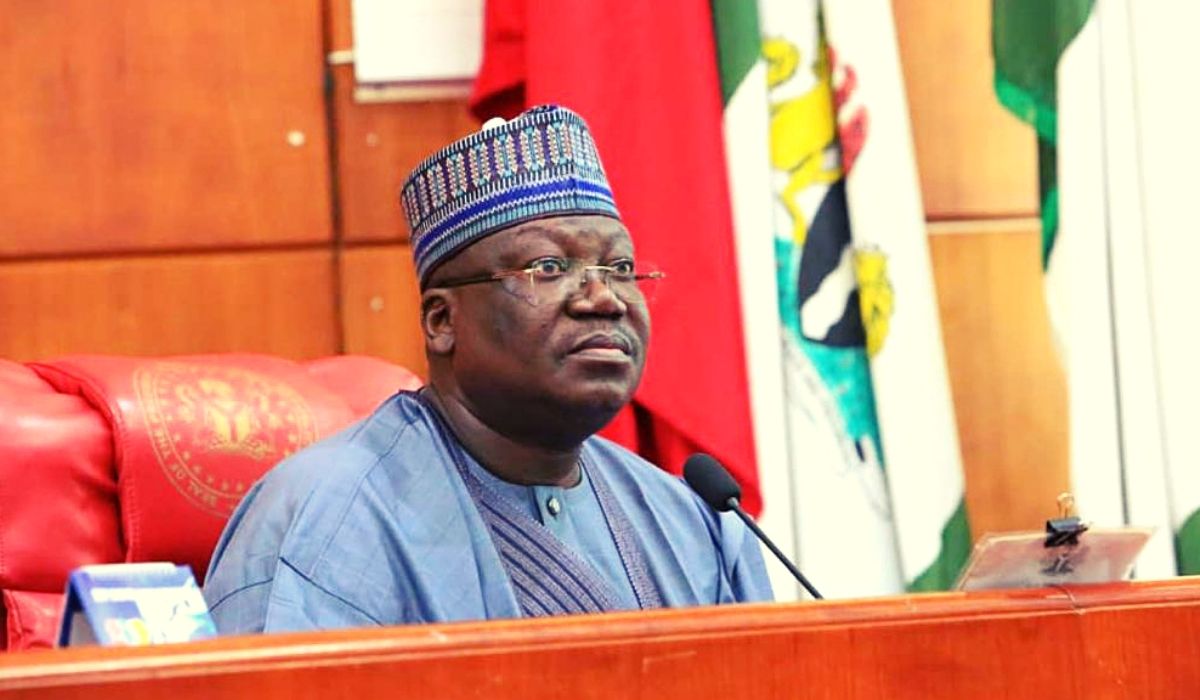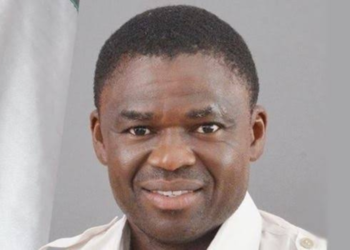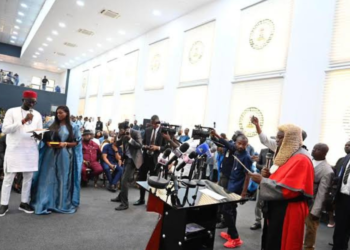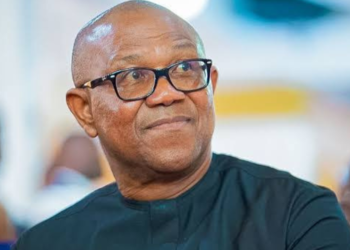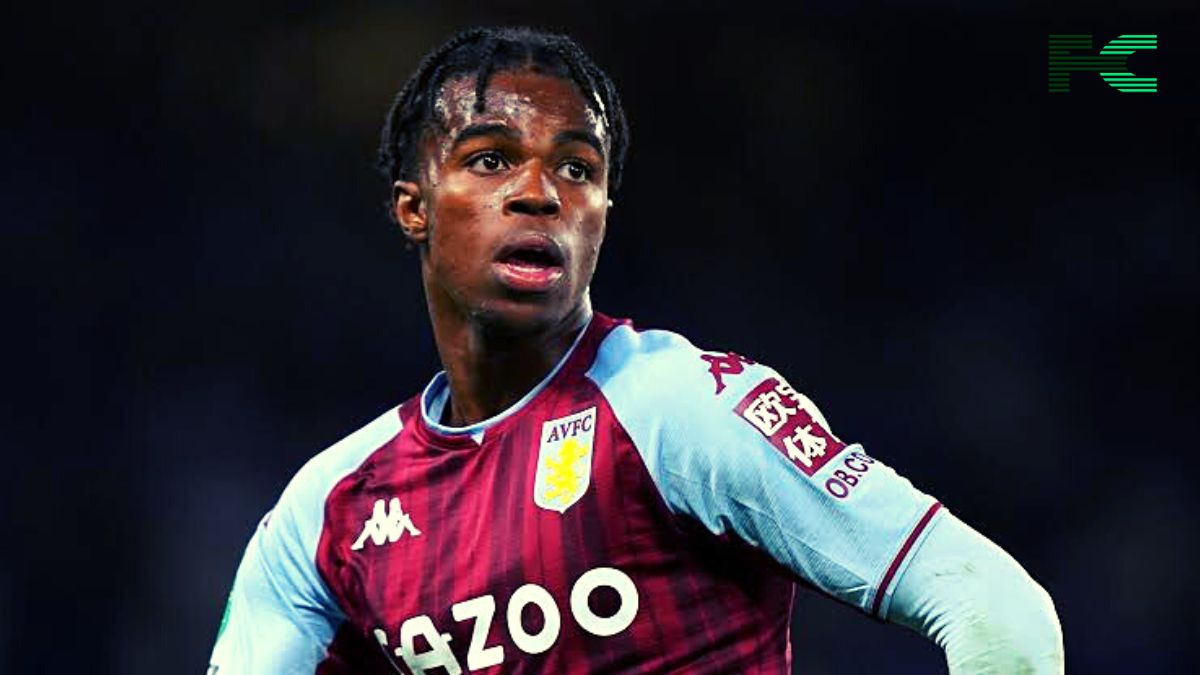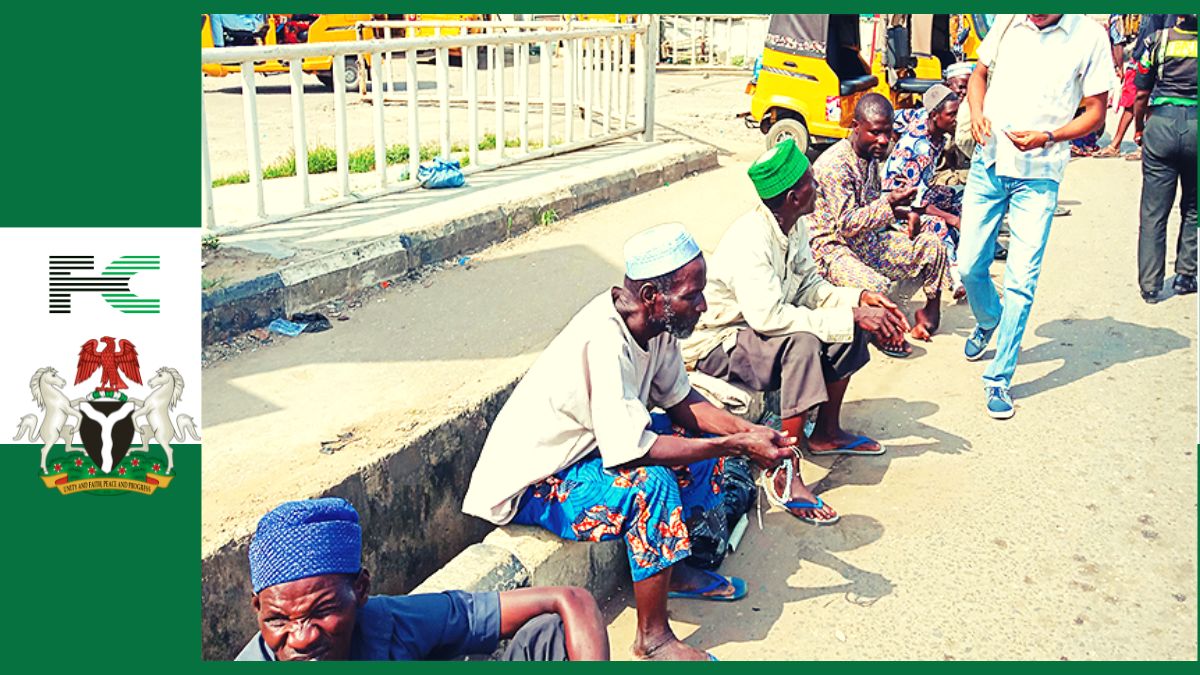Northern Nigeria seems to be gearing up to continue at the helm of affairs beyond 2023. Nigeria is a diverse country in which everyone must work together to avoid avoidable conflicts. When it comes to power sharing, even the blind will see that the North and South presidency sharing formula has been in place since Nigeria’s return to democracy. This became evident when President Obasanjo pushed for Yar’adua instead of Jonathan to succeed him as president when he left office. In addition, Presidents from the North have a vice president from the South. A Christian president, for example, has a Muslim vice president, and vice versa.
It’s concerning that the north would consider this in the first place. Many northern organisations, including the Northern Elders’ forum, which is meant to be the keeper of the law, have backed this ‘unjust’ conduct. When the APC’s Senate president, Ahmad Lawan, saw the writing on the wall, he came out forcefully against such a perilous mission, claiming that it violated the concept of natural justice. He has subsequently petitioned the Supreme Court to compel the two opposition parties, the PDP and APC, to field a southern presidential candidate in the 2023 election.
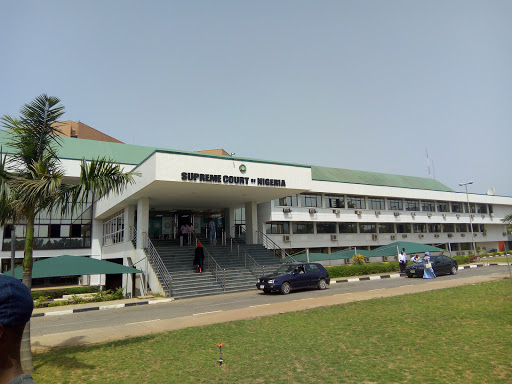
Despite being a key member of the ruling party, Lawan has demonstrated that he is a patriotic nationalist when it comes to carrying out his duties as the leader of the legislature as a government arm. It’s unclear whether the north has reacted to Lawan’s noble choice.
Because Lawan, the Senate president, has considerable clout in Nigeria’s polity, his claim should not be rejected, because the truth cannot be disguised. Many believe that if the north succeeds in seizing power in 2023, they will likely stay in power when the administration’s second term finishes.
If this continues unchecked, it may become a repeat of previous military regimes, in which the north dominated the executive branch for decades. The South is watching with keen interest to see how the politics of 2023 unfold.

